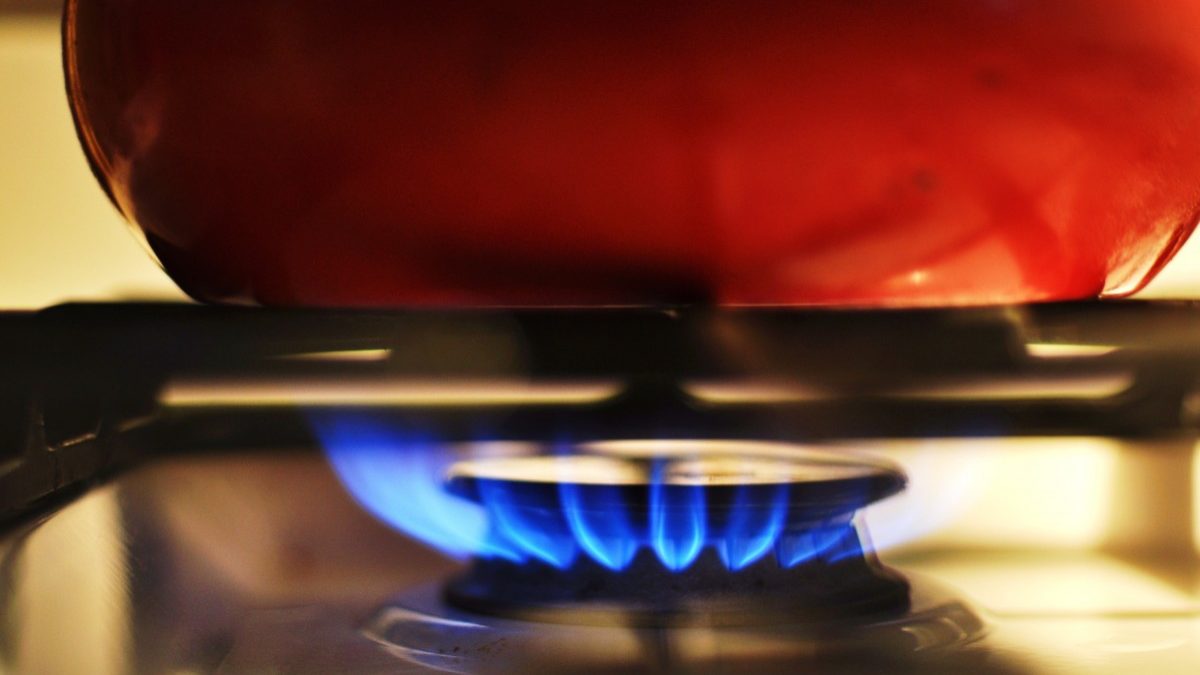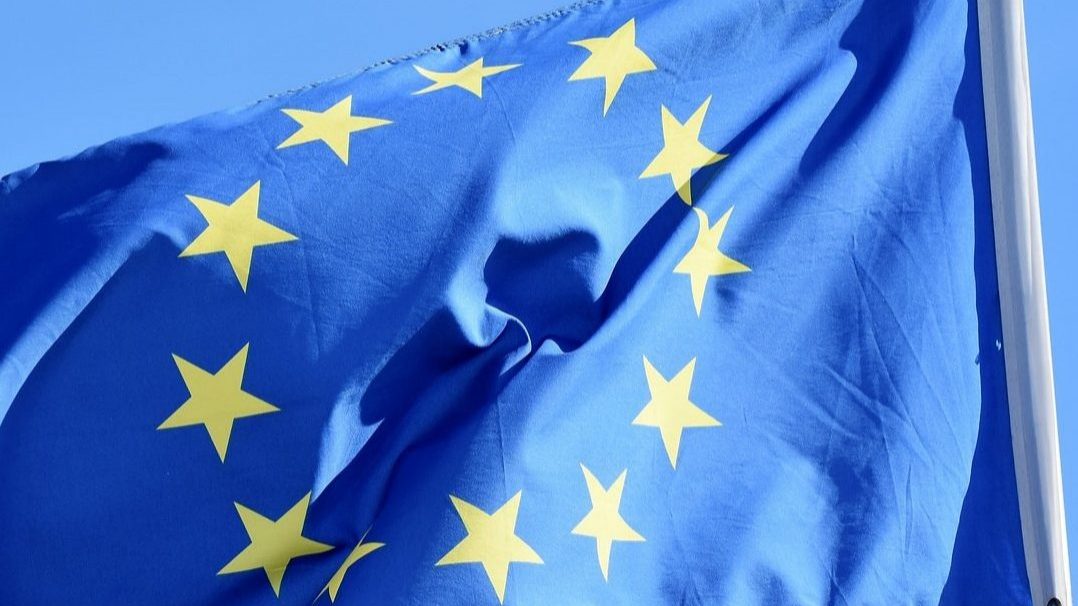More than two-thirds of companies expect to raise prices this year
The percentage of companies expecting an increase in sales prices in 2022 increases with size: 52% in micro, 66% in small, 74% in medium-sized and 73% in large companies.
More than two-thirds of companies (67%) in Portugal expect to increase prices this year, mainly due to increased costs of raw materials, intermediate goods and energy, and 48% anticipate increases of at least 5%, Statistics Portugal (INE) said on Wednesday.
According to the results of the “Quick and Exceptional Business Survey – May 2022 Edition” by the INE, “67% of companies anticipate an increase in their prices in 2022, compared to 2021, 32% expect to keep their prices the same and only 2% mention a price reduction.”
Nearly half (48%) of the companies expect to increase prices by 5% or more, with the proportion of companies expecting price increases of 10% or more being higher than those expecting increases of 4% or less (26% and 18% of the companies, respectively).
The percentage of companies expecting an increase in sales prices in 2022 increases with size: 52% in micro, 66% in small, 74% in medium-sized and 73% in large companies.
By sector of activity, INE highlights four sectors for the percentage of businesses expecting an increase in sales prices in 2022: ‘Industry and energy’ (78%), ‘accommodation and catering’ (75%), ‘transport and storage’0 (73%) and ‘commerce’ (70%). In the ‘information and communication’ and ‘other services’ sectors, more than half of companies expect to maintain prices in 2022 (57% and 52%, respectively).
Of the firms expecting to raise prices in 2022, 60% point to increased costs with raw materials/intermediate goods (non-energy) as the main reason, with the increase in energy costs also considered as ‘very relevant’ for price increases by 49% of the firms.
According to INE, almost 60% of the companies consider that the increase in energy costs and other raw materials/intermediate goods are ‘very relevant factors with a potential negative impact on their activity’.
The increase in transport costs and problems in the supply of raw materials/intermediate goods are also referred to as ‘very relevant’ negative factors by 53% and 43% of the companies, respectively.
Changing/diversifying suppliers are mentioned by 49% of the companies as the main measure to mitigate the effects of shortages of raw materials and intermediate goods and other disruptions in the supply chain, followed by maintaining higher stock levels (26%).
The renegotiation of supply contracts is mentioned by 43% of the companies as the main measure to mitigate the effects of the increase in energy costs or interruptions in the supply of these products, followed by the substitution of cheaper/renewable energy sources (30%).
Since the beginning of 2022, and compared to the same period in 2021, more than 80% of companies report an increase in spending on liquid fuels and electricity, with average spending increasing by 25% on electricity, 29% on liquid fuels and 30% on gas.
Inflation and the war in Ukraine are the factors most mentioned by companies as having a ‘negative’ or ‘very negative’ impact on their business in 2022 (82% and 75% of companies). In contrast, 52% of companies expect a ”positive or ‘very positive’ impact from the evolution of demand directed towards the company.
The ‘Quick and Exceptional Enterprise Survey (IREE)’ was first launched by INE and the Bank of Portugal in April 2020 “to identify some of the main effects of the Covid-19 pandemic, based on a rapid response questionnaire”, and several editions of the survey have been carried out since then.
The survey period for the current edition took place between May 9 and 22 2022, with a response rate of 73.6% (7,013 valid responses).


